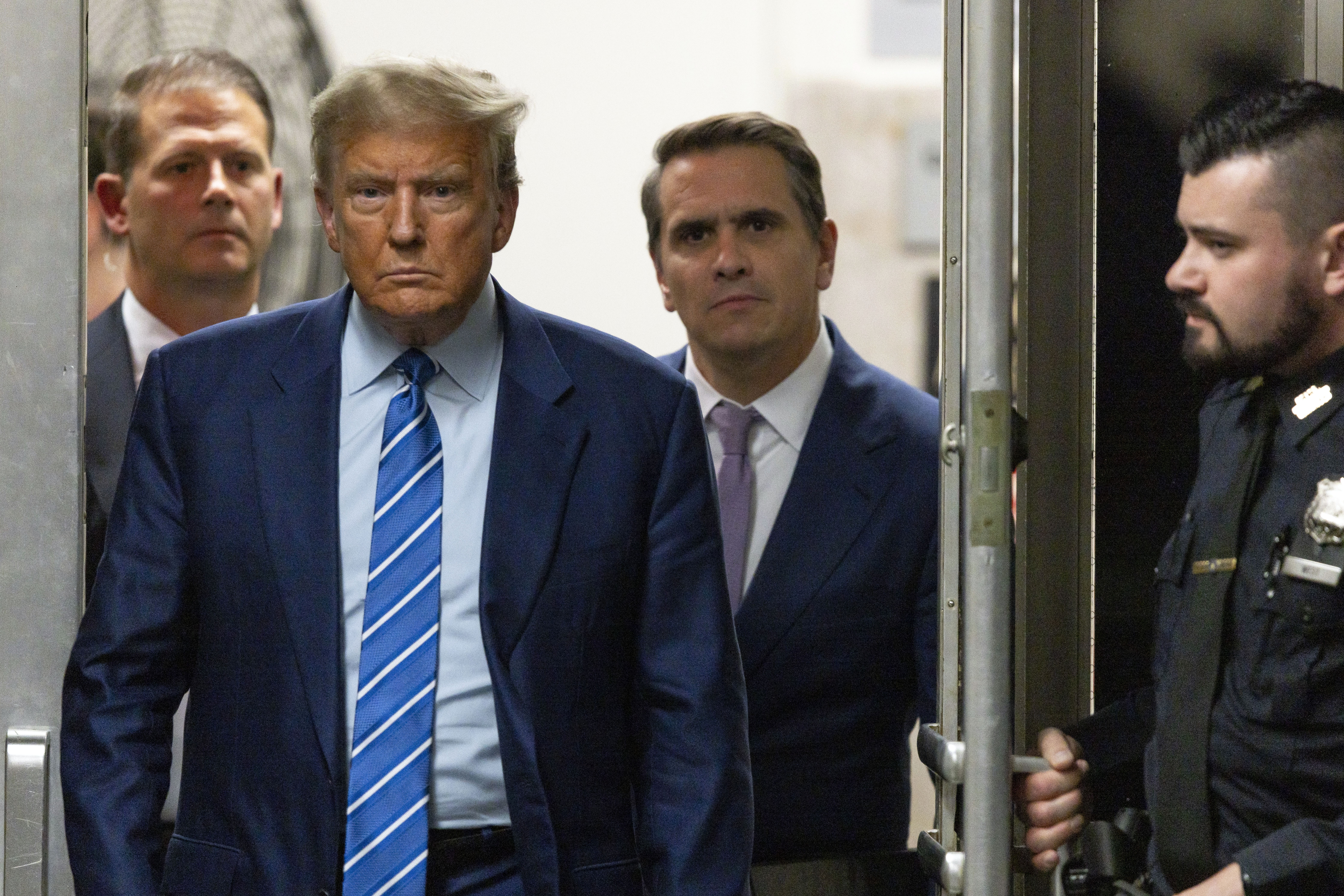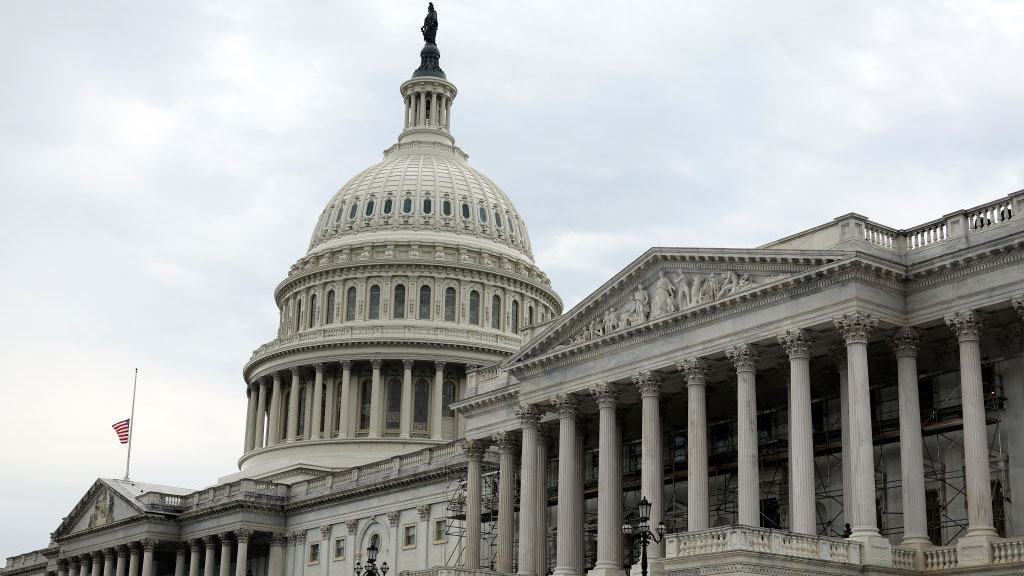A law that legalizes marijuana in the District went into effect at 12:01 a.m. Thursday, Feb. 26, 2015. Here's what you need to know:
So How Did This Happen?
Nearly two-thirds of District voters approved an initiative last fall that legalizes possession of pot for recreational purposes. Congress tried to block the initiative with language inserted into a spending bill in December, but District leaders argue that it had already been enacted before Congress intervened. A 30-day congressional review period expires at 12:01 a.m. Thursday, and the law will go into effect then.
What's Legal and What's Not?
Get Connecticut local news, weather forecasts and entertainment stories to your inbox. Sign up for NBC Connecticut newsletters.
According to the new law, people 21 and older can possess up to two ounces of pot, or grow up to six plants in private homes for personal use, although only three plants may be mature at a time. In households with multiple adults, that number can increase to six mature plants.
People can also give up to an ounce to someone else, as long as both parties are 21 or older.
However, selling marijuana or exchanging it for goods or services remains illegal. Congress explicitly banned the District from establishing laws allowing for the legal sale of pot. The city is also barred from taxing and regulating the drug, as Colorado and Washington state have done.
U.S. & World
What's Private; What's Public?
The city says its policy boils down to four words: "home grow, home use." Smoking in public or in cars, restaurants, bars and coffee shops remains illegal.
Using marijuana in a car is illegal, even if the car is stopped.
Renters may or may not be able to smoke pot at home. The District says that matter is up to landlords' discretion.
Possession is also illegal in public housing, although Police Chief Cathy Lanier said local police would not arrest public-housing tenants for possession. Officers from federal police agencies can continue to make such arrests.
So Soon, You Can Just Buy Some Pot?
Not exactly. The law only covers home cultivation. People can share up to an ounce, but there can be no exchange of money, goods or services.
What If You're Under 21, or Don't Have ID?
No one under 21 will permitted to possess marijuana. Police will seize any marijuana found in the possession of someone under 21.
If police seize marijuana because someone doesn't provide proof of age, that person can pick up his or her pot from the police station within three weeks if they provide ID.
What About Drug Testing for Job Applicants?
Potential employers can only ask about a prior conviction or ask someone to take a drug test if they've made a conditional offer of employment.
How Are D.C. Police Officers Going to Handle This?
The Metropolitan Police Department will issue policy for officers and will require online training, according to information from the office of Mayor Muriel Bowser.
In addition, officers will begin carrying business card-sized information cards explaining the new law in detail.
But Wait... Wasn't Pot Already Legal?
No, but last year, the District decriminalized possession of small amounts of pot. Those caught with the drug on D.C. land are no longer subject to arrest. Instead, they get a $25 civil fine -- one of the lowest in the nation.
However, it's still a criminal offense on federal land.
But Wait... Wasn't Congress Going to Block This?
The District has had the power to make its own laws for the past 40 years, but Congress still has the final say. The most common form of congressional intervention is for members who oppose a local policy to attach language to a crucial piece of federal legislation.
That's how Congress blocked medical marijuana in the District for more than a decade after voters approved it. (However, medical marijuana is now available.) Congress could still take further action to stop legalization through similar means. The city law could also face a court challenge from someone opposed to it.
Rep. Jason Chaffetz, a Utah Republican, sent a letter to D.C. Mayor Muriel Bowser late Tuesday asking her to reconsider moving forward with legalization, saying she would be in "knowing and willful" violation of the law if pot were legalized.
But Bowser responded Wednesday, saying, "We believe that we are acting lawfully."
So, Will You Be Able to Smoke a Joint on the Mall?
No. In addition to the laws against smoking in public, possession on federal property -- including the National Mall, Rock Creek Park and traffic circles patrolled by U.S. Park Police -- remains illegal.
The same is true in Colorado and Washington state, which have huge swaths of U.S. land. But in D.C. it's more complicated; the jurisdiction can change from block to block. The parkland owned by the federal government in D.C., for instance, includes 59 inner-city squares and triangles. Lanier said that since decriminalization took effect last year, 30 people have been arrested for possession on federal property.
What's Behind the Push for Pot?
Advocates sought to change the District's pot laws largely to address what they called racial injustice. Nearly half the District's 658,000 residents are black, but the American Civil Liberties Union found that in 2010, 91 percent of those arrested for possession were black. While defending her department's past arrest practices, Lanier has embraced decriminalization and legalization as a way to reallocate police resources toward more serious crimes.



